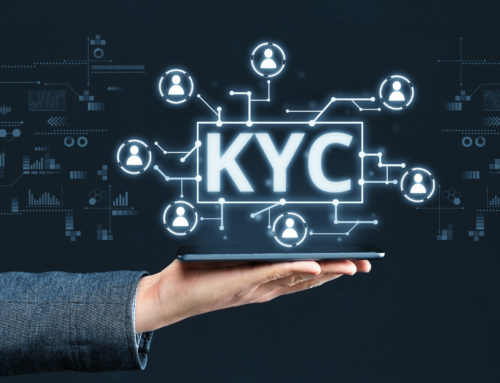While banking has come a long way since the beginning of financial systems, there are still fundamental issues with banks today. Banking, as an industry, has been traditionally slow to adapt to technology due to reasons like non-agile systems, mindset of leaders, regulatory concerns, etc. The challenges in banking are not just from FinTech startups but also from established players.
While online banking simplifies transactions and provides convenience to both banks and consumers, security and protection against fraud and hacking are some of the most significant challenges for any financial player.
The increase of global e-commerce (especially during the pandemic) and businesses have also posed new problems in the online banking sector due to multiple currencies and payment methods. Consumers around the world use various payment methods including credit card, debit card, P2P, bank transfers, e-wallets, and mobile payments. Merchants accept payments through such means and in different currencies. However, they continually face difficulty dealing with multi-currency, cross-border transactions, bank accounts, business entities, and regulatory hurdles. Such problems can usually be solved by selecting a financial service provider who can provide effective, safe, and immediate solutions to these problems.
Along with these solutions also come with its challenges. While automated systems and technology are doing most of the work to detect fraud, financial institutions and fintech companies are hoping customers will help in the effort as well. That means opting into available security measures, such as two-factor authentication and biometrics, when available. It also involves being smart about phishing scams and not clicking on links in unsolicited emails.
Here are some smart things you can do today to increase your security and help protect yourself against fraud and identity theft.
Keep Financial Data Separate
For business users in particular, use a dedicated workstation to perform all company banking activity. Use other computers to access the Internet and conduct non-banking business.
Keep Your Passwords Safe
A strong password means a strong defense against hackers. Do not share passwords and do not leave any documents that contain access to financial data in an unsecured area. Change your passwords regularly for better protection, using a combination of letters, numbers and special characters when possible. There are many password generator tools available you can use.
Keep your contact information up to date
Your bank or financial provider can contact you quickly in the event they see suspicious activity on your account. Allow push alerts or notifications on the Mobile Banking app.
Know the Red Flags
Don’t believe every email or text message you receive. Never give out your personal and banking details via email or text message. When in doubt, call the company that is requesting the information.
If you provide your information or money to a scammer, there is often little your bank can do to get your money back. Understand and educate yourself on how scammers operate and the ways in which they pressure or trick you into sending money and information.
Watch Out for Wi-Fi Hotspots
Do not conduct any financial transactions such as online banking, trading or shopping when you’re using a public computer in an airport lounge, hotel, or cafe or when you’re using a public Wi-Fi network.
You never know if your information is being tracked and logged — so wait until you’re on a secured internet connection at home. Or use your smartphone as a personal hotspot, which is safer than free Wi-Fi.
If you believe your information has been leaked and you think you’re at risk, you can contact your financial service provider. They’re there to advise you and to tell you what you can do. Keep a close eye on your bank accounts. As soon as you notice anything unusual, report it quickly by contacting your bank.
These smart tips should help you be safer and avoid a lot of headaches and major financial losses in the future.
For more information, you can visit: European Banking Authority about consumer banking protection in the EU, and for links to national authorities in charge of consumer protection visit: European Central Bank


